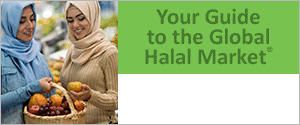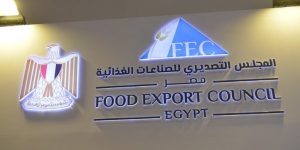- Writer: CHATRUDEE THEPARAT
The government aims to expand halal food
exports by at least 10% a year between 2010 and 2014, helped by new
strategies to drive the development of products for Muslim markets.
A panel on halal industry development chaired by Deputy Prime
Minister Korbsak Sabhavasu yesterday approved strategies to develop the
industry.
They include a plan to strengthen the potential of the halal
industry to meet world standards and conform to domestic demand;
promote the competitiveness of both entrepreneurs and workers in the
industry; increase Thailand’s capability in certifying food as meeting
Muslim halal standards, and expand markets and upgrade research and
development.
The targeted products are vegetables, fruits, fishery and livestock
products and tourism and health care services.The strategy calls for
five southern provinces – Pattani, Yala, Narathiwat, Satun and Songkhla
– to become the production base for halal products.
Mr Korbsak said various agencies would complete an action plan within one month.
The world’s Muslim population is about 1.9 billion or 29% of the
total world population. Muslim consumers include 8 million in North
America with a market value of $1.75 billion per year, 18 million in
Europe ($2.63 billion), and 200 million in Indonesia ($2.19 billion).
The total global halal market is estimated to be worth $635 billion.
Thailand is currently the fifth-largest halal food exporter, controlling a 5.6% market share.
In 2008, Thai halal exports were worth 5.19 billion baht, up 53.3%
from a year earlier. In the first seven months this year, exports
dropped 26.9% to 2.49 billion on shrinking global consumption.
A previous nine-year halal industry development plan ending in 2010
had a budget of 3.3 billion baht. The new budget was not disclosed.
The Thai Commerce Ministry has been encouraging small and
medium-sized entrepreneurs to explore the halal market by joining its
trade trips abroad. The ministry also advises manufacturers on how to
make products and run businesses in strict conformity to Islamic rules.
In Thailand, halal products are processed in accordance with the
regulations of the Central Islamic Committee of Thailand for Halal Food
Standard B.E. 2544, which covers production plants, food products, raw
materials, employees, transport and storage, distribution and services.



